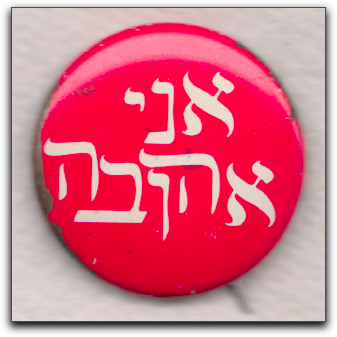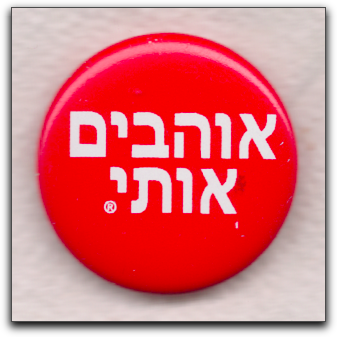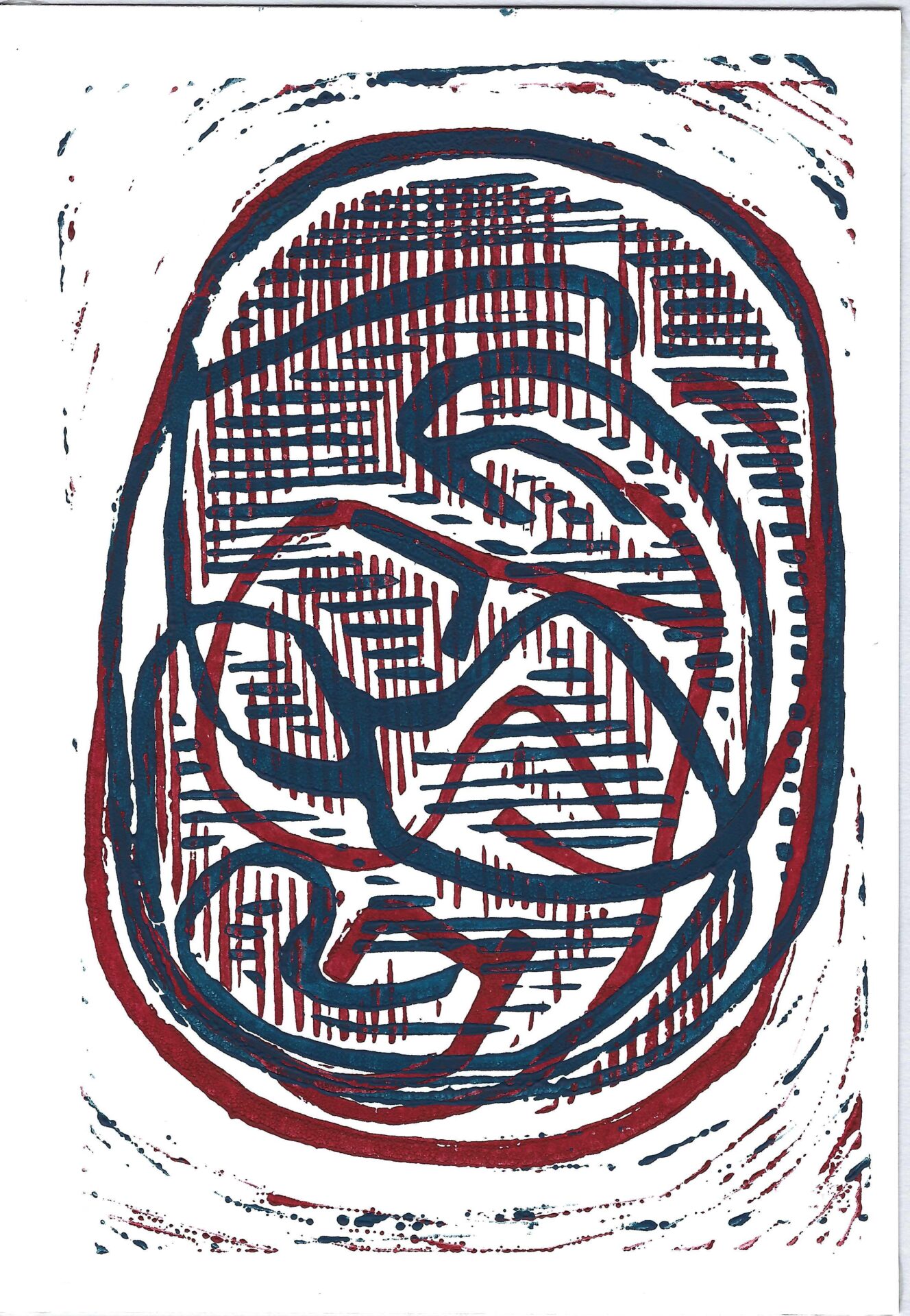our love is here to stay
While preparing a wedding drash for this past week I learned that Ira Gershwin channeled Isaiah 54:10 in this week’s haftarah portion.
Isaiah:
For the mountains may move
And the hills be shaken,
But my loyalty shall never move from you,
Nor My covenant of friendship be shaken
Gershwin:
In time the Rockies may tumble,
Gibraltar may crumble,
They’re only made of clay,
But our love is here to stay.
It is quite poignant. I did not know that (according to some sources of mine and the person who posted this cover of the song by Frank Sinatra):
This was the final piece of music written by George Gershwin prior to his death, and the words to this song had not been written as yet. It’s hard to imagine how his brother Ira must have felt penning the lyrics to what he knew was George’s last melody.
…turns out, I did not know, the song is also a favorite of the wedding couple.
unfaltering love
Who does Ira have in mind when he writes “our love is here to stay”?
George died on July 11, 1937 which corresponds to the 10th of Av, 5697. I know that the Gershwins were not particularly observant Jewishly, but, it is possible that Ira may have been aware of the period of seven haftarot of consolation that begins immediately following the observance of Tisha b’Av. Thirty days after George’s death, Isaiah 54:10 would have been the read in the synagogue.
a love supreme
The awareness of the fact that you are loved is powerful.
While there is no way to prove or disprove it, we Jews believe that the cosmos is both self-conscious and loving.
To be loved! In 1967 Barnett Helzberg Jr., the thirty-something, third generation president of Kansas City-based Helzberg Diamonds was ecstatic because a young woman had just accepted his marriage proposal. He had proof that he was loved. Like a normal American businessman he used the opportunity to develop an advertising campaign. Before long he came up with the I AM LOVED® promotion. The late 1960s was the heyday of lapel buttons. If a young man could not buy his girlfriend a diamond, he could certainly get her a free button that said she was loved. The original buttons appeared in English, but it was not long before they were printed in other languages. This is the original Hebrew version of the button (which I was able to find on eBay):

אני אהובה I am a beloved
| Date: | 2000s |
| Size: | 2.5 |
| Pin Form: | straight clasp |
| Print Method: | litho |
| Text | אני אהובה |
The text is odd. I’ve never used, nor heard that phrase used in Hebrew except by a woman who’s name was Ahuvah. She was the cook at the Habonim Camp Gilboa (then) in the Newhall — Saugus area north of Los Angeles when I attended in 1962 or so. She would say “I’m Ahuvah” (אני אהובה), meaning “My name is Ahuvah”. This is the same text used in a photo on the “I am loved” Web site:
Sometime in the past 10 years or so, someone at the “I am loved” organization came up with a different Hebrew expression. This one is not that much better than the first: “[They] love me” (אוהבים אותי). But who is this “they”? It’s cute to note that the organization (which gives these buttons away free of charge), has registered the phrase in Hebrew.
| Date: | 2000s |
| Size: | 2.5 |
| Pin Form: | straight |
| Print Method: | litho |
| Text | אוהבים אותי |
Hebrew is primarily an active language which may be why the two buttons use the forms they do. However, a more accurate expression of the phrase in Hebrew would be to use the “Niphal” construction:
אני נאהב
And, as we approach this Shabbat of Elul, it is good to remember that אני לדודי ודודי לי… our love is mutual. We act from a foundation of love. When we support one another in our efforts to change in love, we know we have the power to make those changes a reality. The love of the cosmos is part of us, for us to share…
Not for a year
But ever and a day.The radio and the telephone
And the movies that we know
May just be passing fancies,
And in time may go !But, oh my dear,
Our love is here to stay.
Together we’re
Going a long, long way
your lapel buttons
Many people have lapel buttons. They may be attached to a favorite hat or jacket you no longer wear, or poked into a cork-board on your wall. If you have any laying around that you do not feel emotionally attached to, please let me know. I preserve these for the Jewish people. At some point they will all go to an appropriate museum. You can see all the buttons shared to date.




WOW! I used to own a pin just like that Hebrew pin which says, “I am beleoved” in Hebrew text. My best friend after moving to ST. Louis Missouri leaving everything that I previously knew.